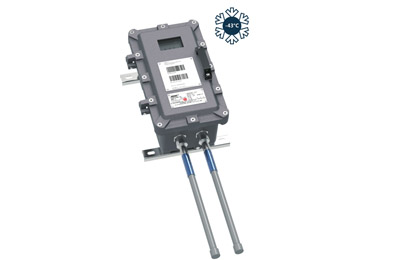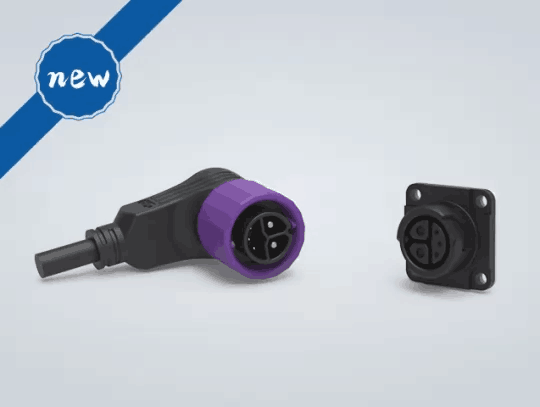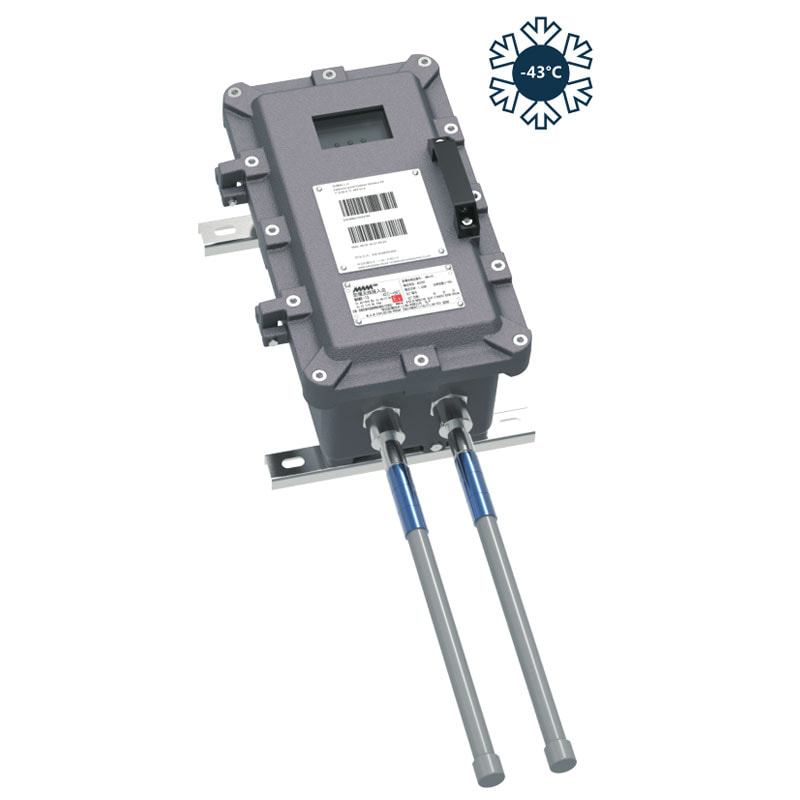Are Wireless Access Points Safe?
Wireless access points (WAPs) themselves are generally safe to use, but it's essential to consider a few factors to ensure the security of your wireless network:
Secure Configuration: It's crucial to configure your wireless access point with strong security measures. Use the latest encryption protocols (e.g., WPA3) and complex passwords to protect your network from unauthorized access. Change the default login credentials for your WAP's administrative interface to prevent unauthorized configuration changes.
Firmware Updates: Keep your WAP's firmware up to date. Manufacturers often release firmware updates to address security vulnerabilities and improve overall performance. Regularly check for updates and apply them promptly.
Network Segmentation: Consider implementing network segmentation to separate your wireless network from your primary network. This can help mitigate potential risks, limiting access to sensitive information in case of a security breach.
Explosion-proof Wireless Access Point
Guest Network: If you have guests who require internet access, consider setting up a separate guest network. This network should have limited access to your main network and should be isolated from your private devices.
Disable Unnecessary Features: Review your WAP's settings and disable any unnecessary features or services that you don't require. Reducing the attack surface by disabling unused functionalities can enhance security.
Additional resources:
Safety Tips for Kids Biking Alone – How Can Parents Ensure Their Child's Safety?
Liner Dampers: The Unsung Heroes of Vibration Control
Are Electric Heating Pads Good for You?
What are the pros and cons of carbon film resistors?
SMT PCB Buffer vs. Conveyors: Which Is Better for Your Assembly Line?
Tips for Properly Using Fiber Optic Patch Cords
Choosing the Right Engraving Stylus for Your Needs
MAC Address Filtering: Wireless access points typically have a feature called MAC address filtering, which allows you to specify which devices can connect to your network based on their unique MAC addresses. Enabling this feature can add an extra layer of security.
Physical Security: Ensure your wireless access point is physically secure. Place it in a safe location where it is not easily accessible to unauthorized individuals. This reduces the risk of tampering or theft.
Regular Monitoring: Monitor your wireless network for any suspicious activity. Many modern WAPs provide logs and diagnostic tools that can help you identify potential security issues. Keeping an eye on your network can help you detect and respond to any security incidents in a timely manner.
While these measures can significantly improve the security of your wireless access point and network, it's important to note that no system is entirely foolproof. It's always a good practice to stay informed about the latest security best practices and be proactive in maintaining the security of your network.
Explosion-proof wireless access point is a product developed for the application of wireless LAN technology in hazardous environments, which realizes the full coverage of wireless network signals in industrial hazardous environments. Ideal for wireless applications in hazardous locations such as chemical, pharmaceutical, oil & gas and energy. MAM Explosion-proof offer our customers complete, flexible and efficient explosion protection solutions.
Difference Between Online UPS and Offline UPS - Lento India
What Rating Is an Explosion-Proof Light?
Understanding Radiation Measurement Instruments
What are the pros and cons of glass insulators?
How to choose the LCD splicing screen and LED splicing display screen?
what is cob light used for
Unveiling the Distinctions: LED Walls vs. Video Walls




